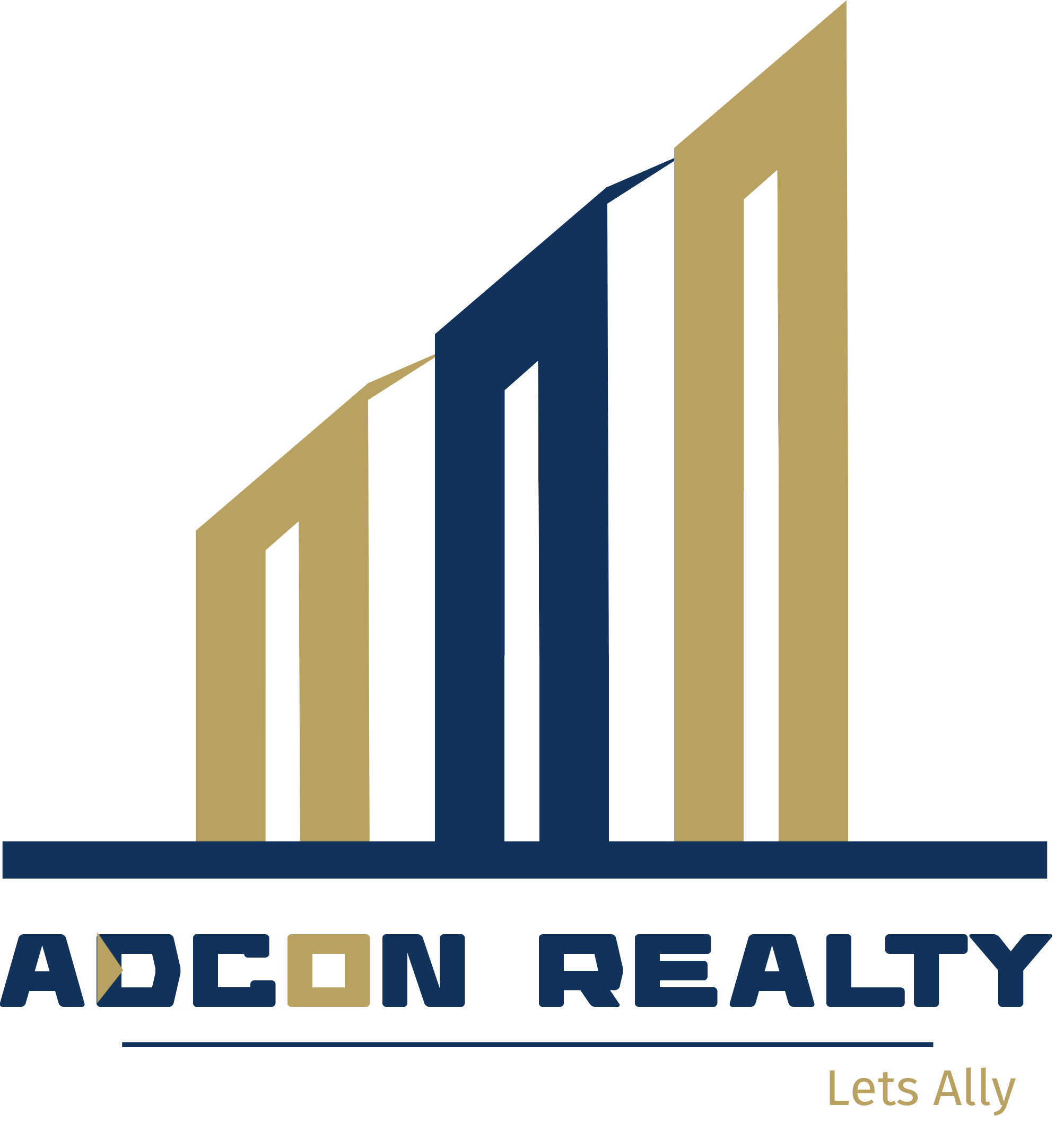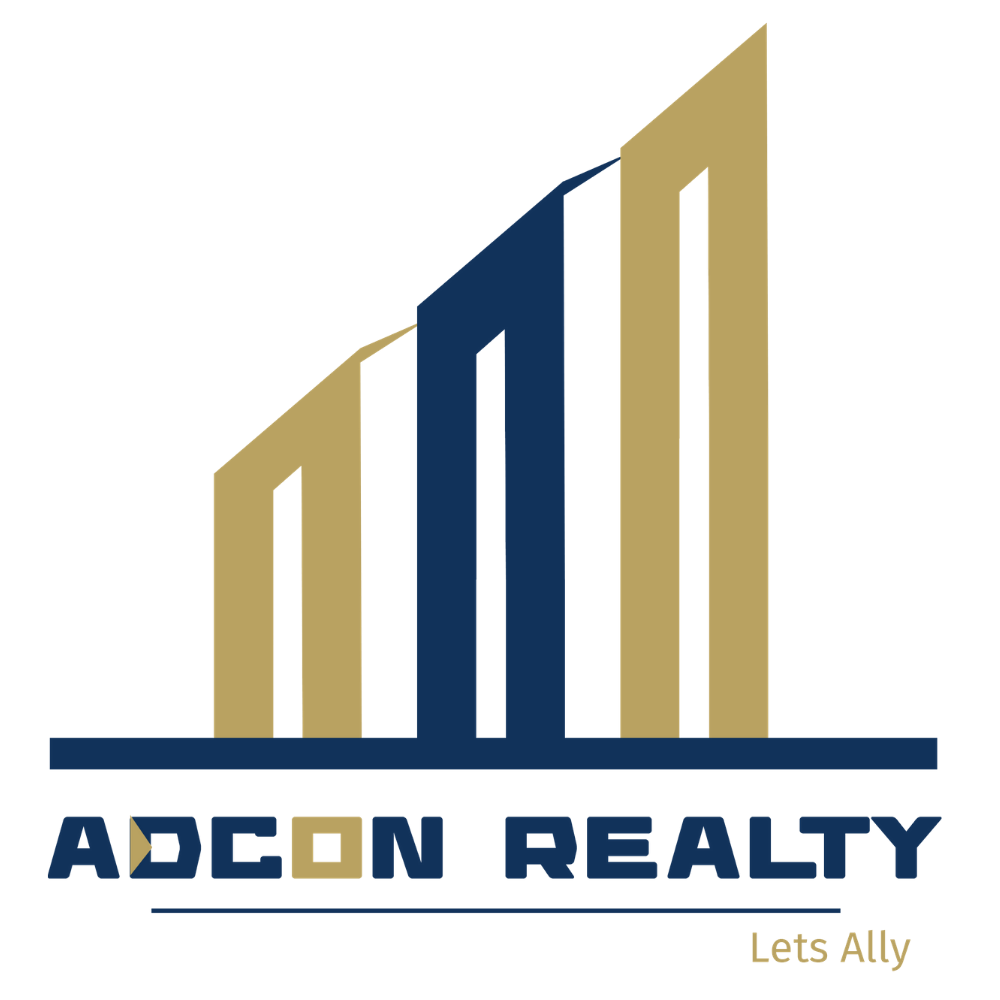
Leasing commercial property can be a lucrative endeavor, whether you’re a landlord looking to lease out space or a business seeking the perfect location to grow. However, navigating the legal landscape of commercial leases is crucial to avoid potential pitfalls. This blog will delve into the key legal aspects of leasing commercial property, offering insights and tips to ensure a smooth leasing experience.
Understanding the Lease Agreement
The lease agreement is the cornerstone of any commercial property lease. It’s a legally binding document that outlines the rights and obligations of both the landlord and the tenant. Key elements typically include the lease term, rent amount, maintenance responsibilities, and renewal options.
1. Lease Term and Renewal
The lease term defines the duration of the lease. Commercial leases usually span three to ten years, depending on the property type and tenant’s requirements. It’s essential to clarify renewal options, including notice periods and any potential rent increases. Tenants should negotiate these terms to avoid unexpected costs or the need to relocate after the initial lease period.
2. Rent and Additional Costs
Rent is often the most significant financial obligation in a commercial lease. However, it’s not the only cost tenants should consider. Commercial leases often include additional charges such as common area maintenance (CAM) fees, property taxes, and insurance. Understanding these costs upfront and ensuring they are clearly stated in the lease agreement is vital to avoid surprises later.
3. Maintenance and Repairs
Responsibility for maintenance and repairs is another critical aspect of the lease agreement. Typically, commercial leases can be categorized into three types:
- Gross Lease: The landlord covers most expenses, including maintenance and repairs.
- Net Lease: The tenant is responsible for some or all property expenses, including maintenance, taxes, and insurance.
- Modified Gross Lease: A middle ground where both parties share the costs.
Tenants should carefully review the lease to understand their obligations and negotiate terms that align with their business’s financial capacity.
Legal Protections and Rights
Both landlords and tenants have certain legal protections and rights that should be respected and enforced.
1. Zoning Laws and Use Restrictions
Before signing a lease, it’s crucial to verify that the property is zoned for your intended use. Zoning laws regulate land use and can restrict certain business activities. For instance, you wouldn’t want to lease a property for a restaurant only to discover that the area is zoned for retail only. A thorough understanding of local zoning laws and any use restrictions included in the lease can prevent costly legal issues down the line.
2. ADA Compliance
The Americans with Disabilities Act (ADA) requires that commercial properties be accessible to individuals with disabilities. Landlords are generally responsible for ensuring common areas meet ADA standards, while tenants must ensure their specific business space is compliant. Non-compliance can result in hefty fines, so it’s essential to address this issue in the lease agreement.
3. Eviction and Termination Clauses
Understanding the eviction and termination clauses is crucial for both landlords and tenants. These clauses outline the conditions under which a lease can be terminated, such as non-payment of rent or violation of lease terms. Tenants should be aware of their rights, including the notice period for eviction and any opportunities to rectify issues before eviction proceedings commence.
Conclusion
Leasing commercial property involves navigating a complex legal landscape. Both landlords and tenants must thoroughly understand the lease agreement, including the terms of rent, maintenance responsibilities, and renewal options. Additionally, legal protections like zoning laws, ADA compliance, and eviction clauses should be carefully reviewed and negotiated to ensure a fair and beneficial leasing experience.
By paying close attention to these legal aspects, both parties can avoid common pitfalls and establish a successful, long-term leasing relationship. Remember, consulting with a legal professional before signing a lease is always a wise decision to protect your interests and ensure compliance with local laws.

A Business Expert from Indore, having strong ties in Pune & Hyderabad Foresightedness, Adaptability, and Reliability are some of his key domains of expertise.






